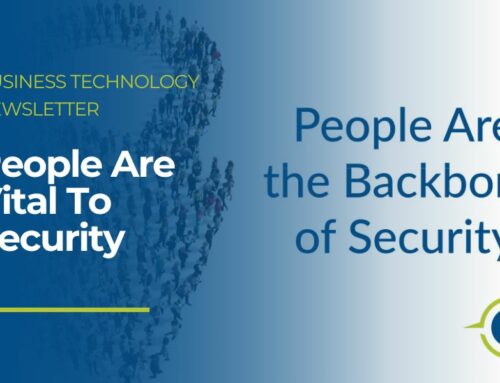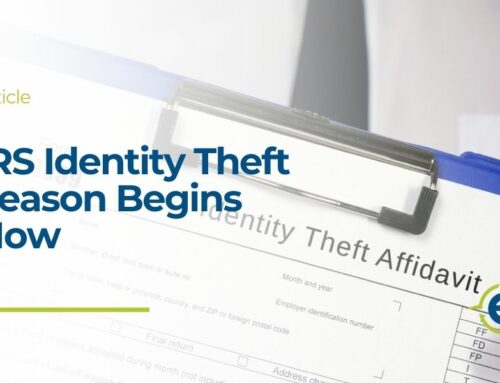Tax Scams – Part 4
We are wrapping up our review of the 2021 IRS “Dirty Dozen” list of scams. In the fourth and final edition, the IRS shines a light on the schemes that are used by tax promoters to trick taxpayers into using them based on false claims of high deductions and, in the end, charge taxpayers high fees. We agree with the IRS when they say that in these types of situations, “If it sounds too good to be true, it probably is!” Below are a few ways that these promoters try to lure you into using their services.
Syndicated conservation easements
Promoters will try to use the syndication of a conservation easement to allocate tax deductions. To receive unwarranted tax deductions and/or pass along these deductions to someone else, promoters will use inflated appraisals of undeveloped land and partnerships that are not truly formed for business purposes to manipulate tax law. Federal law does not allow taxpayers to transfer deductions earned from the donation of a conservation easement. In the end, the promoters are trying to trick the system, which can end up costing you in the event of an audit. The IRS provides more information about its enforcement efforts here.
Abusive micro-captive arrangements
Micro-captives are used to insure against business risk. According to the IRS, in abusive micro-captive arrangements, promoters try to persuade owners into schemes that lack many insurance attributes, such as coverages that may “insure” implausible risks, fail to match genuine business needs or duplicate the taxpayer’s commercial coverages. In the end, the premiums paid for these arrangements actually skirt the law and could land the owner in trouble with the IRS as they have recently stepped up enforcement in recent years.
Improper claims of business credits
Also known as the Research & Development Tax Credit, the Research & Experimentation Tax Credit is another target for promoters. According to the IRS, improper claims of this credit involve failures to participate in, or substantiate, qualified research activities and/or satisfy the requirements related to qualified research expenses. To claim a research credit, taxpayers must evaluate and appropriately document their research activities over a period of time to establish the number of qualified research expenses paid for each qualified research activity.
Improper monetized installment sales
In this scheme, promoters target taxpayers who would like to defer the recognition of gains upon the sale of appreciated property. Promoters do this by selling them monetized installment sales. The IRS describes this as, transactions that occur when an intermediary purchases appreciated property from a seller in exchange for an installment note, which typically provides for payments of interest only, with principal being paid at the end of the term. In these arrangements, the seller gets the lion’s share of the proceeds but improperly delays the gain recognition on the appreciated property until the final payment on the installment note, often slated for many years later.
The IRS is consistently monitoring the latest schemes by promoters and when caught, pursue action against both them and the taxpayer. Do not fall victim to these promoter’s tricks. Remember “if it sounds too good to be true, it probably is!” Our partners at Eder, Casella & Co. are always available to answer any of your tax questions.






